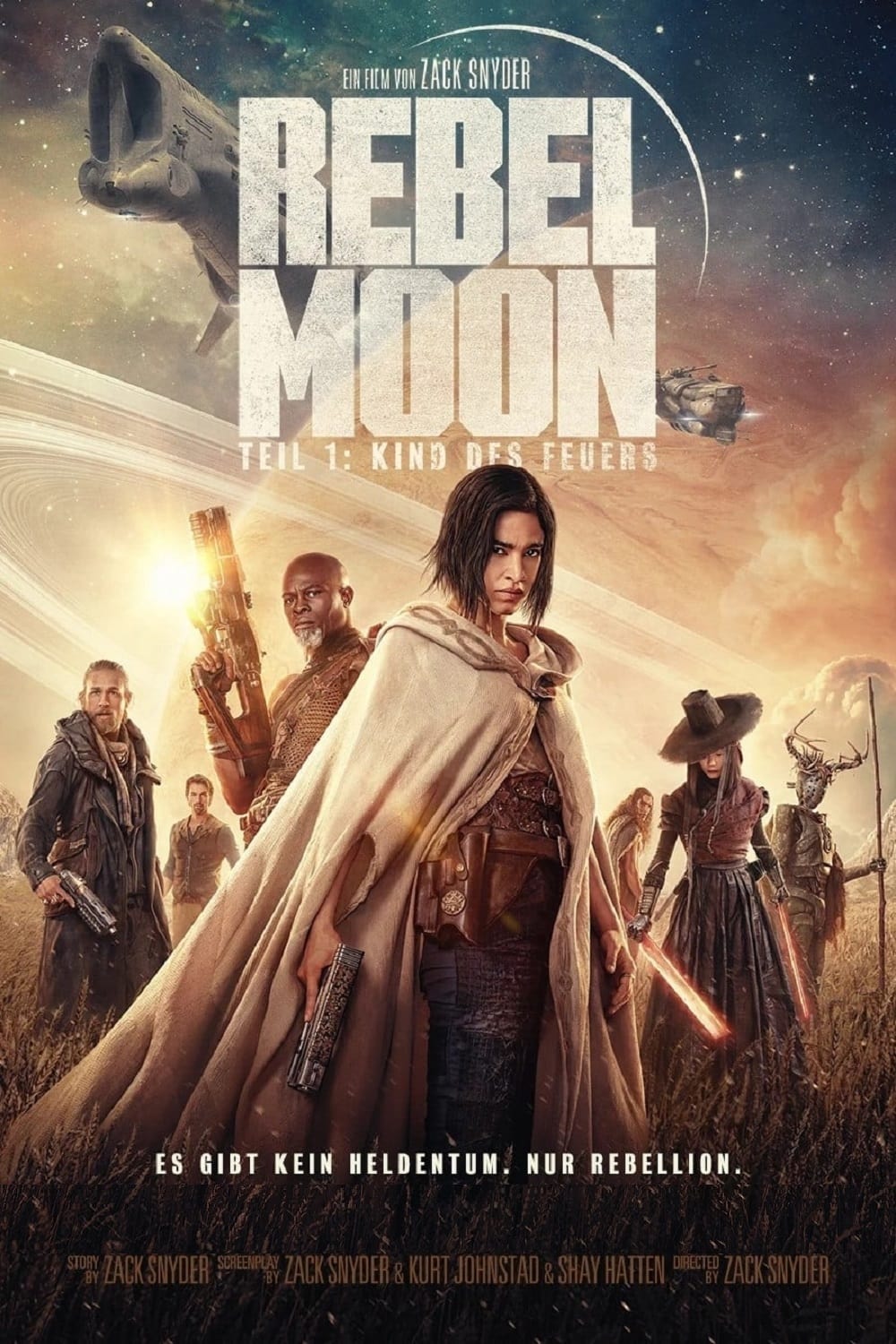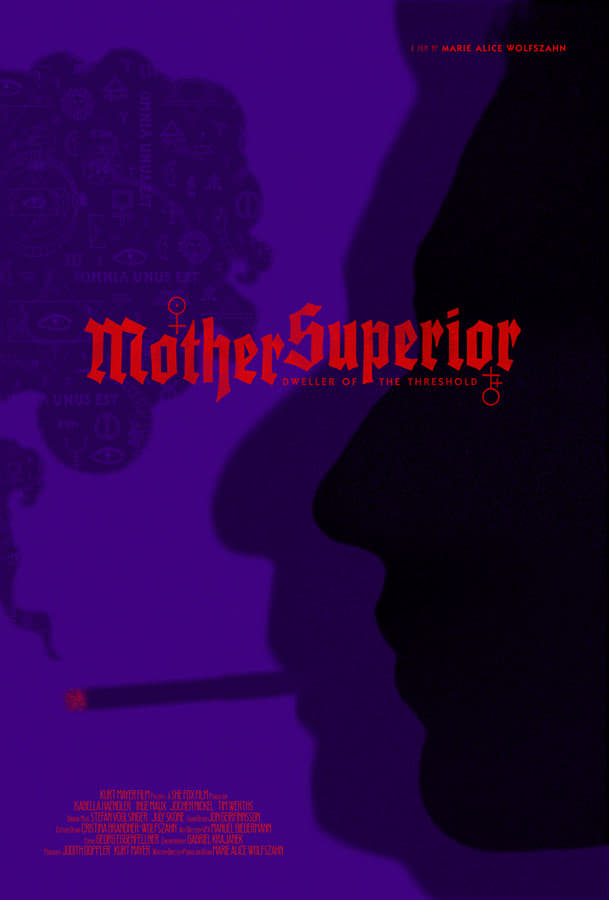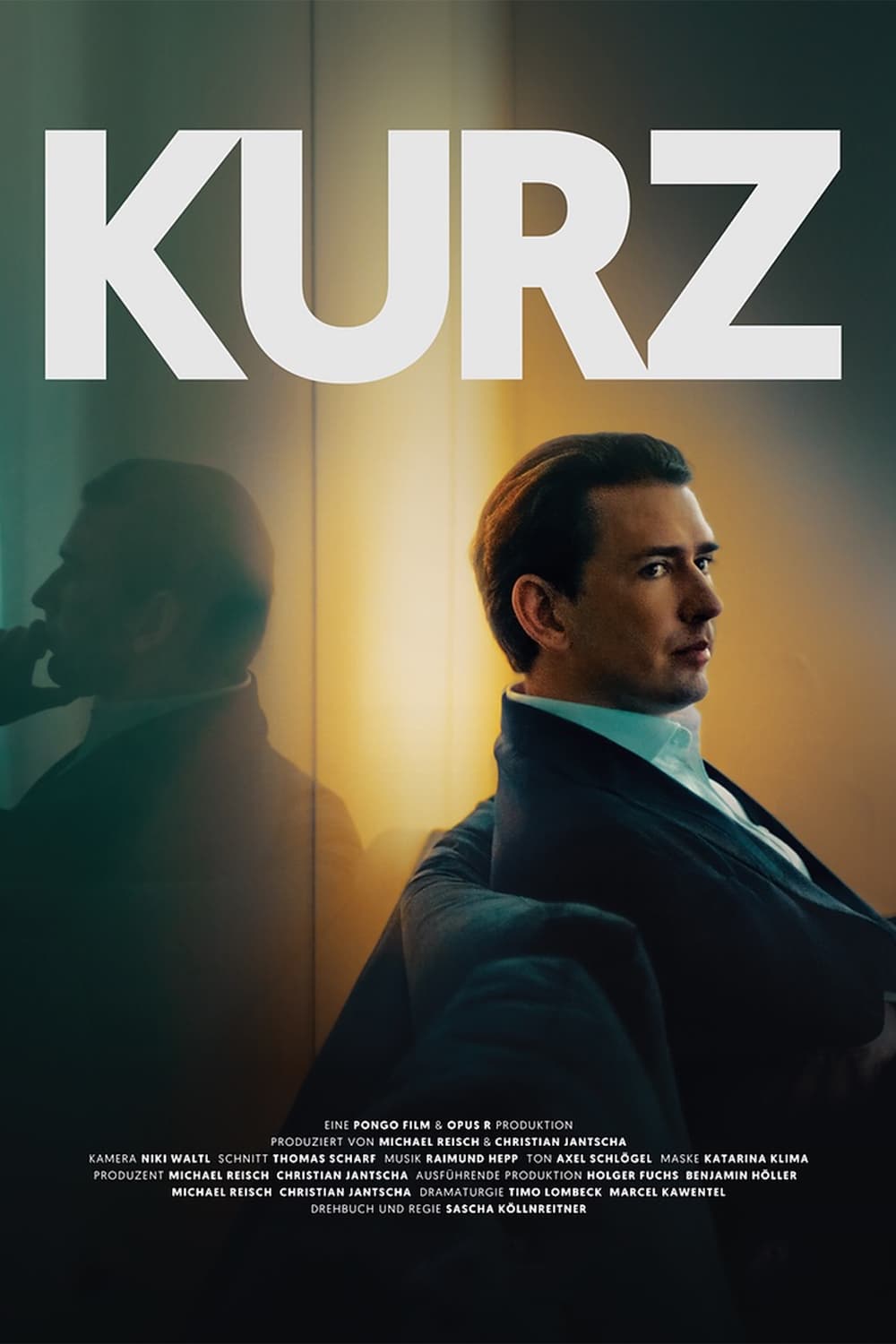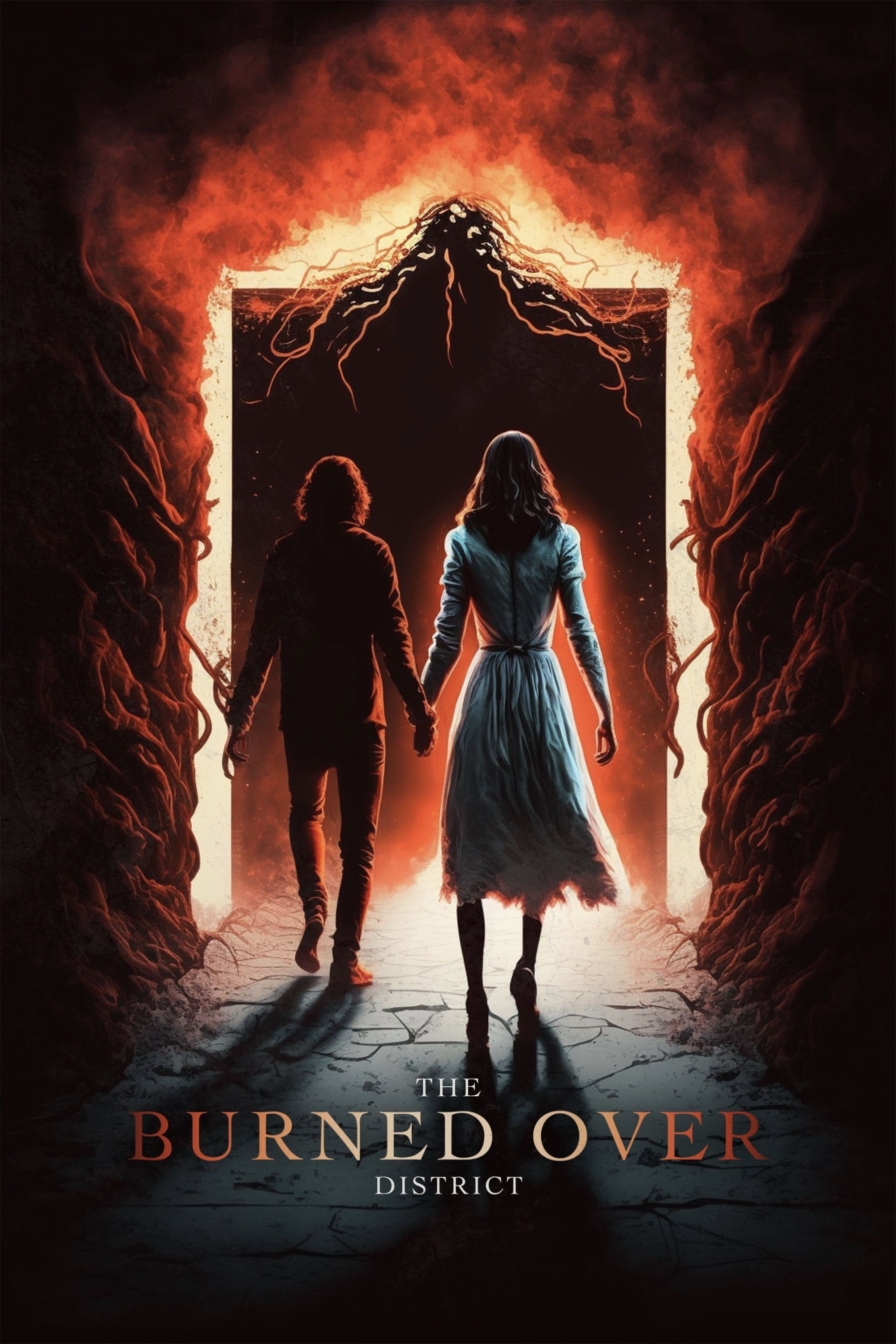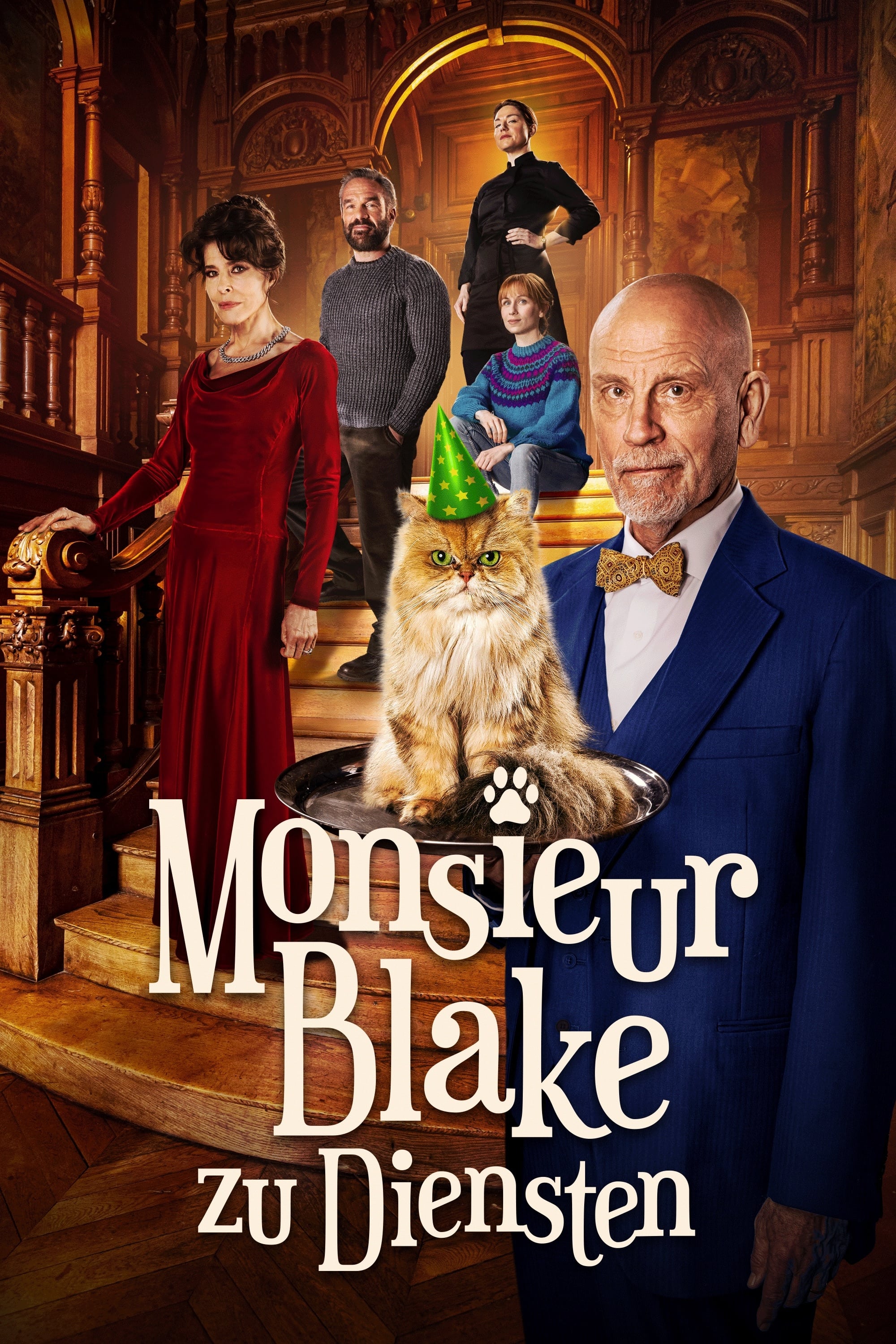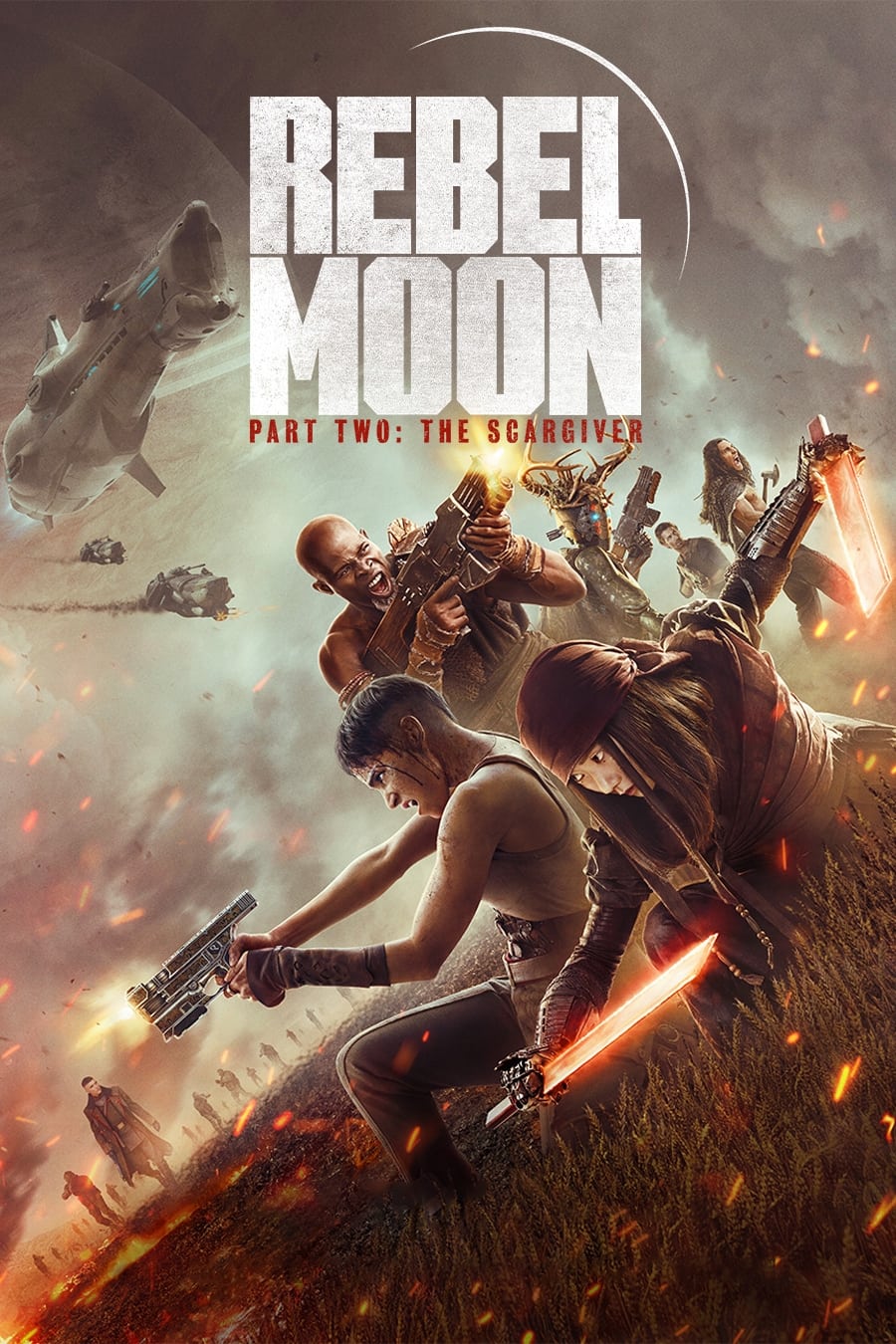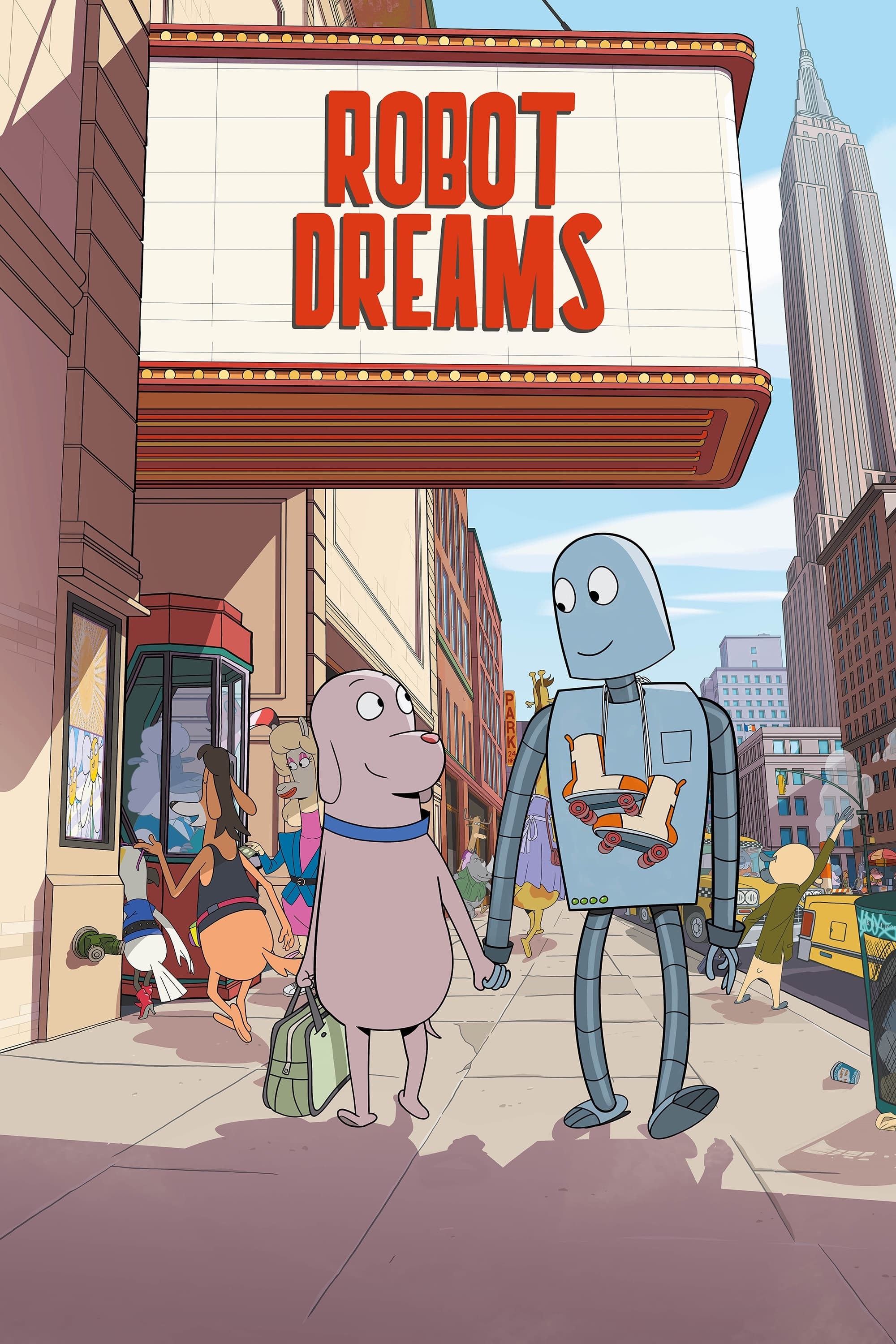
Angelo Colone – Genealogia: Italian Contemporary Music for Guitar (2022)
FLAC (tracks) 24 bit/44,1 kHz | Time – 01:09:45 minutes | 520 MB | Genre: Classical
Studio Masters, Official Digital Download | Front Cover | © Da Vinci Classics
The idea underlying this Da Vinci Classics album is to gather together a collection of pieces which have been significant in the performing artist’s life. These include pieces which have been dedicated to him, pieces he premiered, or pieces he found – as we will see in the forthcoming pages. In Colone’s own words, they represent “a corpus of works which are close to me”.
The soloist has always been deeply interested in contemporary and modern music, realizing many premieres and recordings of works by important composers such as Gilardino or Pärt; his artistic perspective is therefore conditioned by his predilection for today’s music.
Moreover, in the performer’s words, “I have searched in a non-programmatic fashion; rather, in a disordered, chaotic and causal way. So I found different styles and languages”. Indeed, this CD gathers works whose language, form and cultural attitude toward modernity are almost antithetical. There are works inspired by early music, as in the case of Metamorfosi su un tema di John Dowland, alluding to the great lutenist of the English Renaissance, or the short Toccata in the style of Leopold Weiss, a German Baroque lutenist.
By way of contrast, the language of Franco Cavallone is entirely his own. This guitarist and composer is being held in high consideration by many performers. His compositional idiom resists all simplistic classifications, and refers to an entire musical world with which he feels some kind of affinity. His style encompasses jazz or descriptive music, but goes beyond them both with an absolutely personal intention. His sonatina in three movements, Cerveteri, was written for Colone who actually lives in the city of Cerveteri.
This album also includes works by Angelo Gilardino, defined by Colone as the “guiding light of contemporary guitar music”. His language is reminiscent of the modal style, but his perspective is strongly idiomatic, “built on the guitar, on the idea and the effects created by its resonances and on its aural world”, in Colone’s words. Gilardino’s Angelus is inspired by the Gospel episode of the Annunciation, referring to the three moments of the narrative. The main “characters” are the Angel and the Virgin Mary, in dialogue with each other as the young girl is told that she will become the Mother of Christ.
Gilardino’s compositional school is represented by Kevin Swierkosz-Lenart, a psychiatrist-cum-composer whose works are highly appreciated by many of today’s guitarists. Colone has been among the first dedicatees of his works, two of which are recorded here. The influence of Gilardino is discernible, in a kind of symbiosis with his mentor; however, there is no direct imitation, but rather a personal reinterpretation. Both works have literary references: Jeux d’enfants alludes to a poem by Eugenio Montale, Giochi di bambini; the composer wished to evoke the dreamy and lyrical spirit pervading the poem. The shorter work, In memoriam Cesare Pavese, alludes to Pavese’s novel La casa in collina, set in the dramatic days of Italy’s struggle for liberation from the Nazi-Fascist domination during the last years of World War II. Colone, in fact, is deeply involved in the anti-Fascist movement, and commissioned this work to celebrate September 8th, the anniversary of the armistice which decreed the fall of the Fascist regime. This piece therefore celebrates anti-Fascism through music and literature.
Another fascinating piece is Fantasia ricercata by Alessandro Annunziata, a Roman composer who has written extensively for a variety of ensembles and whose works are published by RAICom. As Colone tells us, Annunziata’s first works for the guitar (after a Concerto for guitar, flute and strings which has not yet been premiered) were inspired by his friendship with Colone himself. Among these works, a particularly notable example is a Concertino for guitar and wind orchestra, after the model of Janáček’s similar composition for the piano. Colone considers this Fantasia ricercata as “one of the most important works written for the guitar in the last 15-20 years, not just for its form and style, but rather for its capability to aurally represent this instrument”. Colone premiered the Fantasia ricercata on the occasion of a “Festa della Musica”, a celebration of music taking place on June 21st, and in the fascinating setting of the Italian National Library. In Colone’s opinion, “I think that the guitar resonates in a novel dimension through rhetorical movements. Thanks to the composer’s ideas, the guitar finds new sounds”.
There is also a piece, Extended moment, by Alessio Elia, a composer Colone met in 2004, and who currently lives and works in Budapest. The work recorded here is entirely built on the guitar’s harmonics; it is “truly experimental”, in Colone’s words, “It is almost ‘theoretical’ inasmuch as it pushes the boundaries of performance to their extreme, entering into an entirely experimental field”.
However, the story behind the last piece in this album is the most touching, inspirational and worth telling. I will report it in the performer’s words. “A few years ago, I wanted to refurbish my kitchen, so I brought some old pieces of furniture to a second-hand shop. As I was exiting the shop, I saw a box with slips of handwritten sheets of music. There were four or five of these boxes, with numerous pocket scores of the most important masterpieces of the musical literature, from Bach’s Art of Fugue to Webern’s works. There were also personal items, and notebooks with study and research materials; it was clear that the previous owner should have been an important music scholar or composer. In particular, I was impressed by the manuscripts: they were not cursory drafts, but rather painstakingly correct scores, almost geometrically written in black ink; they looked like prints, but they were beautifully handwritten. I asked the shop owner if I could take something, and he replied that I could take it all, since he was inclined to throw away those boxes”. Colone took them to his place, and found, among many other things, the manuscript of the piece recorded here. The composer was Walter Olmo, who had been a professor of Composition at the Conservatory of Frosinone, but also a manager of musical events, and a thoughtful musician who liked to experiment and create. He belonged in the stream of the Darmstadt-inspired avantgarde. “Among the scores”, in Colone’s words, “there were graphic analyses of important masterpieces, written on metres and metres of graph paper; these included studies of Berg’s Lulu, Haydn’s Concertos and much more”. Colone also found some pieces for guitar; he tried them and was immediately fascinated by them, finding reminiscences of Schönberg’s Klavierstücke op. 11 for the piano.
Intrigued, Colone sought more information about the composer, and eventually found him in a hospital in a remote area of Latium. He was recovering from an illness, and Colone met him, told him about the recovery of his possessions and showed him the scores and materials he had found. When Olmo left the hospital, Colone went to his place in a small village in the countryside; he brought the scores, but was told that he could keep whatever he wished. Thus Colone was presented with invaluable scores, including some bearing the performing marks by one of the most important Italian conductors of the twentieth century, who had been Olmo’s close friend.
In his youth, in fact, Olmo had belonged in a group of intellectuals and artists who worked on the crafting of new languages, namely the Situationist International. This movement was rather influent in the field of the visual arts, particularly in the Fifties; however, the cultural atmosphere of the time could be suffocating for such an experimental movement. Olmo had been among the movement’s founders; unfortunately, however, he was later forced to abandon the movement, and this trauma marked his artistic career and creativity very deeply.
The story of Colone’s friendship with Olmo continued for a few years, albeit intermittently, and was rekindled by Colone’s acquaintance with some of Olmo’s former pupils at the Conservatory. This encouraged Colone to realize a video recording of Olmo’s work, which was later broadcast on a social media channel; this performance attracted the attention of a Roman musician and artist who had known a journalist who, in turn, had authored a book on the Situationist Movement. They knew about Olmo but were not aware that he was still alive; they therefore wished to write a book about him, but, sadly, Olmo passed away shortly thereafter.
As Colone puts it, “For me, Olmo has been an important figure. I am very glad to have recorded this album; I really wanted to record some of his pieces. For me it was absurd that such a person should be forgotten”.
Thus the idea of Genealogia, of “genealogy”, was born. The title, as explained by Colone, refers to the various ramifications of what it means to be a contemporary musician in Italy today. “I was looking for the roots, for the origins of Italian modern music; it has many branches, intertwining with each other, but they all descend from the cultural heritage of our country, encompassing both the folk-like and the academic style”. Through this album it is possible to describe a “genetic” line and leitmotiv, a spontaneous growth of creativity from a common root, which does not strictly depend on national identity, but rather on an artistic inspiration.
Tracklist:
01. Angelo Colone – Monoscalco: Toccata alla maniera di Weiss, for Guitar (02:36)
02. Angelo Colone – Cavallone: Cerveteri, for Guitar: Macchia mediterranea (05:25)
03. Angelo Colone – Cavallone: Cerveteri, for Guitar: Riviera (03:50)
04. Angelo Colone – Cavallone: Cerveteri, for Guitar: Antiche rovine (04:26)
05. Angelo Colone – Gilardino: Angelus, Sonatina for Guitar: Allegretto leggiadro (07:02)
06. Angelo Colone – Gilardino: Angelus, Sonatina for Guitar: Lento meditativo (03:53)
07. Angelo Colone – Gilardino: Angelus, Sonatina for Guitar: Un poco mosso luminoso (05:28)
08. Angelo Colone – Annunziata: Fantasia ricercata, for Guitar (10:58)
09. Angelo Colone – Swierkosz-lenart: Jeux d’enfants, for Guitar (05:19)
10. Angelo Colone – Swierkosz-lenart: La casa in collina, In memoriam Cesare Pavese, for Guitar (03:16)
11. Angelo Colone – Bianchini: Metamorfosi su un tema di John Dowland, for Guitar (08:26)
12. Angelo Colone – Olmo: Suite, for Guitar: Serenata (01:11)
13. Angelo Colone – Olmo: Suite, for Guitar: Notturno (02:40)
14. Angelo Colone – Olmo: Suite, for Guitar: Capriccio (02:48)
15. Angelo Colone – Elia: Extended Moment, for Guitar: Fantasia ricercata, for Guitar (02:21)
Download:
mqs.link_Angel0C0l0neGeneal0giaItalianC0ntemp0raryMusicf0rGuitar202124441.rar
